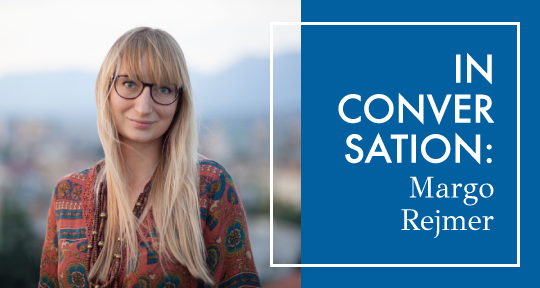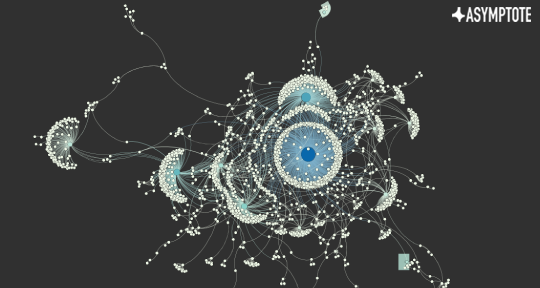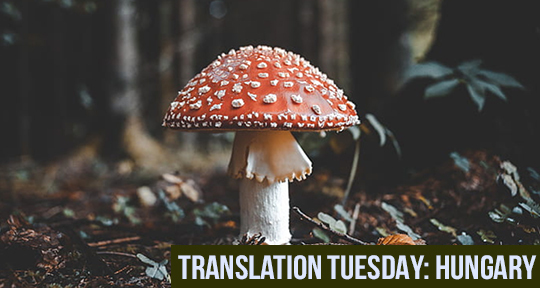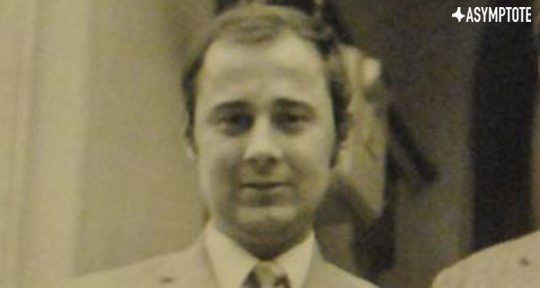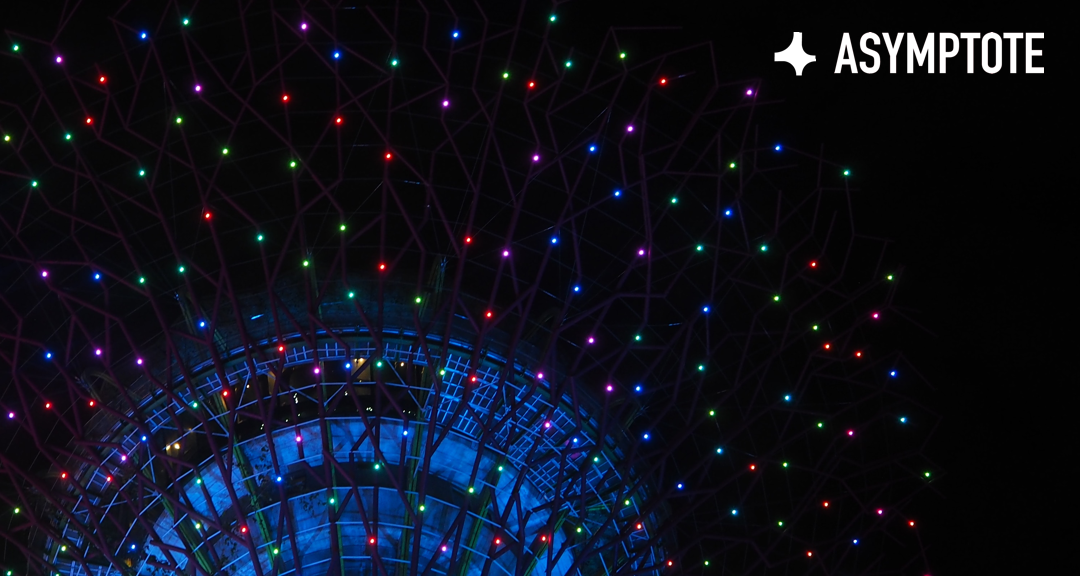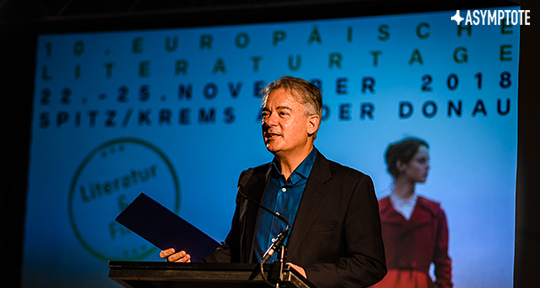Any occasion to celebrate language is a happy one, as demonstrated in this week’s dispatches from Romania and Albania. With events honoring Romanian Language Day and an emphasis on Albanian literature in Italy, the forces propelling the continuation and evolution of literary language are well and alive. Read on for the news, reported from the ground by our committed editors.
Andreea Scridon, Assistant Editor, reporting from Romania
Romanian Language Day has officially been celebrated on August 31 since 2011. This year, I had the privilege of being in Romania to observe this holiday, more specifically to find myself in Cluj-Napoca, a city with a powerful literary scene thanks to its academic and historical tradition. The event dedicated to this occasion (held one day before, on August 30) was held in an interwar casino revamped into an art gallery in Cluj’s central park, and the general public ranged from the city’s literary elite to a group of kids in baseball caps.
Horia Bădescu, one of the representative literary figures of the 1960s (available in English and French translation) and historian and writer Ovidiu Pecican spoke on the history, significance, evolution, and particularities of the Romanian language, while professor of journalism and writer Ilie Rad and translator Gabriela Lungu (who has translated books like Giuseppe Tomasi di Lampedusa’s The Leopard and Alessandro Baricco’s Mr. Gwyn, among many others, from Italian to Romanian) discussed the originality, richness, and their own intimate perceptions of the Romanian language.


